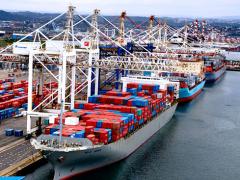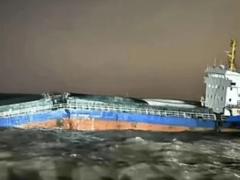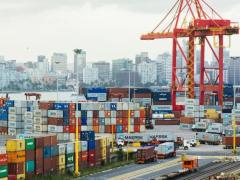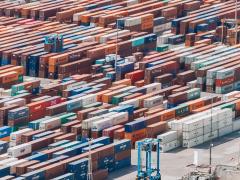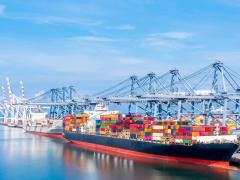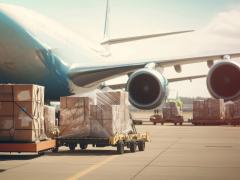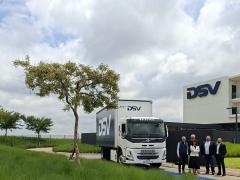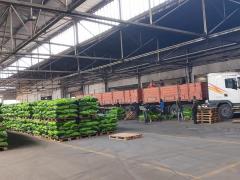The global air cargo sector is accelerating its push toward decarbonisation, with industry bodies unveiling new data-driven tools to help airlines and logistics players measure, manage and improve their sustainability performance. In a move aimed at standardising and accelerating environmental progress across the industry, the International Air Transport Association (Iata) has launched its new Integrated Sustainability Program (ISP), a certification framework designed to provide airlines with a comprehensive, auditable approach to sustainability management. The programme provides carriers with a structured pathway to evaluate their environmental performance, track improvements and demonstrate compliance with emerging global sustainability requirements. Earlier this year, the International Air Cargo Association (Tiaca) released the latest edition of its annual Air Cargo Sustainability Insights Report, offering one of the sector’s most extensive assessments of current sustainability practices. Drawing on input from 274 industry respondents, the report highlights a marked increase in commitment to decarbonisation, transparency and operational innovation across the air cargo value chain. Central to the industry’s net- zero pathway is sustainable aviation fuel (SAF), which is expected to deliver around 65% of aviation’s total emissions- reduction target by 2050. Yet SAF remains scarce. Currently, it accounts for only about 1% of global jet-kerosene production, with supply constraints and limited availability posing major hurdles. The EU’s 2% minimum SAF- use mandate, which will rise annually, has already highlighted the gap between policy ambition and production reality. Despite the relatively low starting threshold, many carriers are struggling to secure volumes, underscoring the need for far greater government support, including tax incentives, to stimulate investment in new production capacity. Current SAF prices remain roughly three times higher than conventional Jet A1, adding further pressure to scale supply. Earlier this month, the European Commission released its Sustainable Transport Investment Plan (STIP) that aims to address some of these long-standing weaknesses in the aviation decarbonisation strategy. Iata welcomed the Commission’s recognition of market challenges that derive from SAF mandates that were flawed from the outset, particularly the price gap between sustainable and conventional fuels, and the need for robust investment support. According to Willie Walsh, Iata director general, the airline industry is committed to net-zero carbon emissions by 2050, but this ambition can only be realised if policy frameworks are fully aligned with industry needs and the true scale of the challenge. Industry experts Freight News spoke to said ESG was increasingly being recognised as good for the planet and for business. Sustainability-based strategic growth plans are becoming the norm, with customers, employees, partners, financial institutions and regulators all insisting on stronger environmental and governance practices. Government requirements for increased reporting for public companies over a certain size are also beginning to take effect. In the short term, these are forcing companies to invest in the systems needed to monitor and report on their sustainability performance. LV



